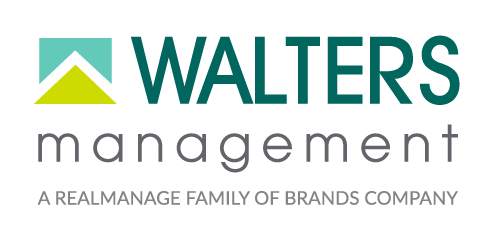
18 Sep Understanding HOA Lingo – What is a Reserve Fund?
Why are reserve funds important?
It is the HOA’s responsibility to maintain the common area of the community. Reserve funds allow an HOA to handle repairs, replacements, and emergency situations without having to put added pressure on homeowners. These funds are a safeguard that can prevent emergency collection situations where the Board is faced with unfavorable options for addressing a common area issue. In addition to ensuring that the common area can be maintained, healthy reserves also increase property values within the community.
What happens if there are no reserve funds?
If an HOA does not have reserves, they only have two choices: to significantly increase homeowner dues or levy special assessments. Either way, it is most likely going to cause a rift in your association and will not create a long term solution.
How do we know how much we should have in reserves?
Determining how much should be in your HOA’s reserve funds requires planning. In order to properly plan, a reserve study should be conducted. This will alert the Board to any replacements or repairs that should be anticipated and when they will need to be done. Most reserve studies will provide a twenty to thirty year forecast so that proper planning can be done. A reserve study can then be used as a budgeting tool that will allow the Board to determine how much money should be in the reserve fund and how they will achieve that goal. While they do provide reliable information that should be used to make planning decisions years in advance, California law dictates that a reserve study must be conducted every three years. As things can change depending on environmental and external elements, periodical reserve studies are necessary for accurate planning.
How do we get these extra funds?
To ensure that your HOA’s reserves are properly funded, you should analyze current association fees. If you have a reserve fund, how much money is available for potential maintenance? If you don’t have enough to meet predicted costs, you will have to implement moderate increases over time to the association fees each homeowner pays.
We have reserves in place, now what?
Having the bare minimum amount of available funds to meet predicted costs isn’t enough to keep things afloat. The Board should plan for future costs and create a strategy for maintaining reserve funds. Maintaining moderate increases that are reasonably implemented will allow the HOA to continuously add to reserve funds without making any major, immediate changes. This will allow the Board to set the community up for success without putting severe pressure on homeowners.
Unexpected expenses are inevitable, reserve funds are there as a safety net to ensure that the association can handle these situations when they arise. Be a responsible leader and speak to your Walters Management team about the steps you should take to set up healthy reserves for your community.

